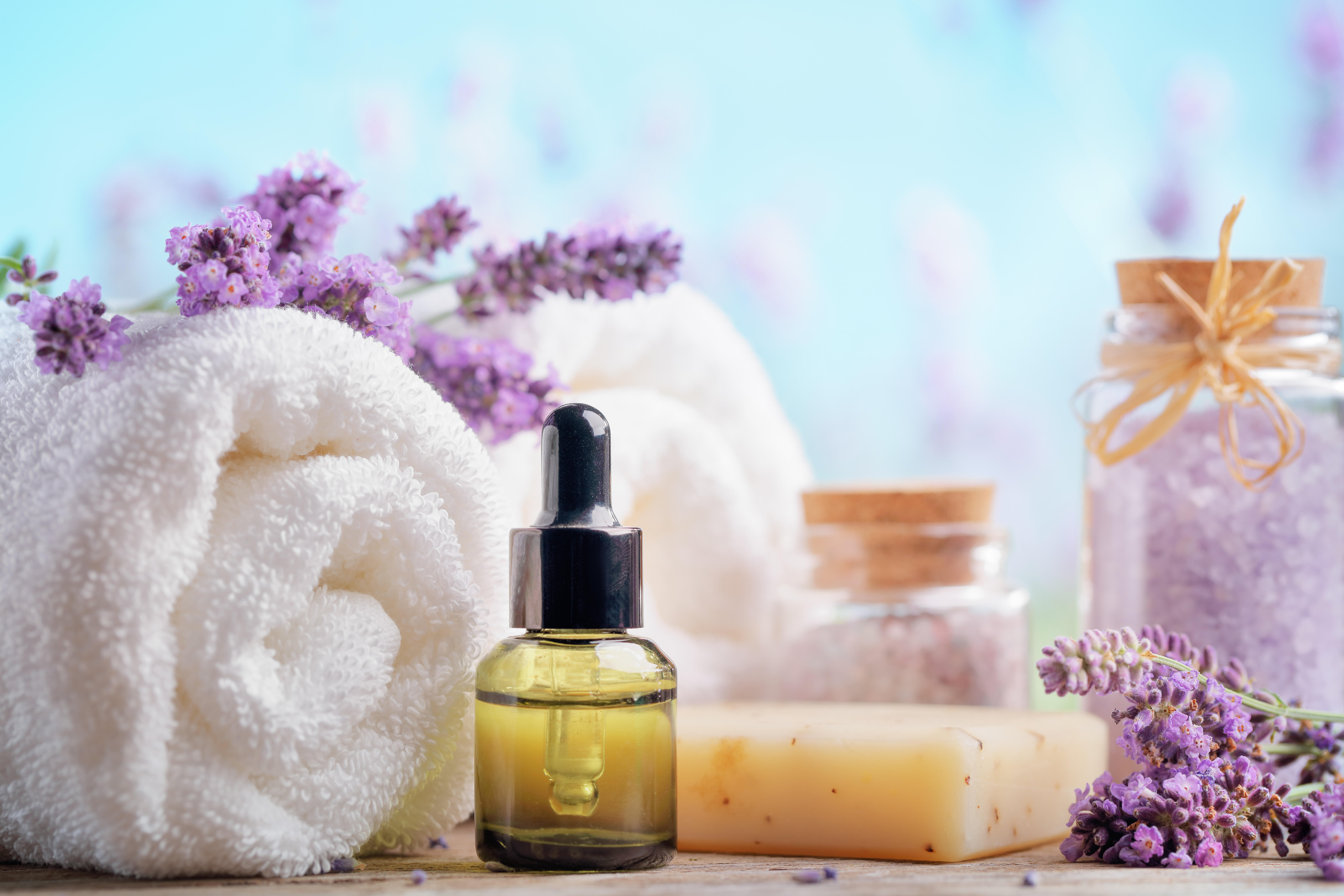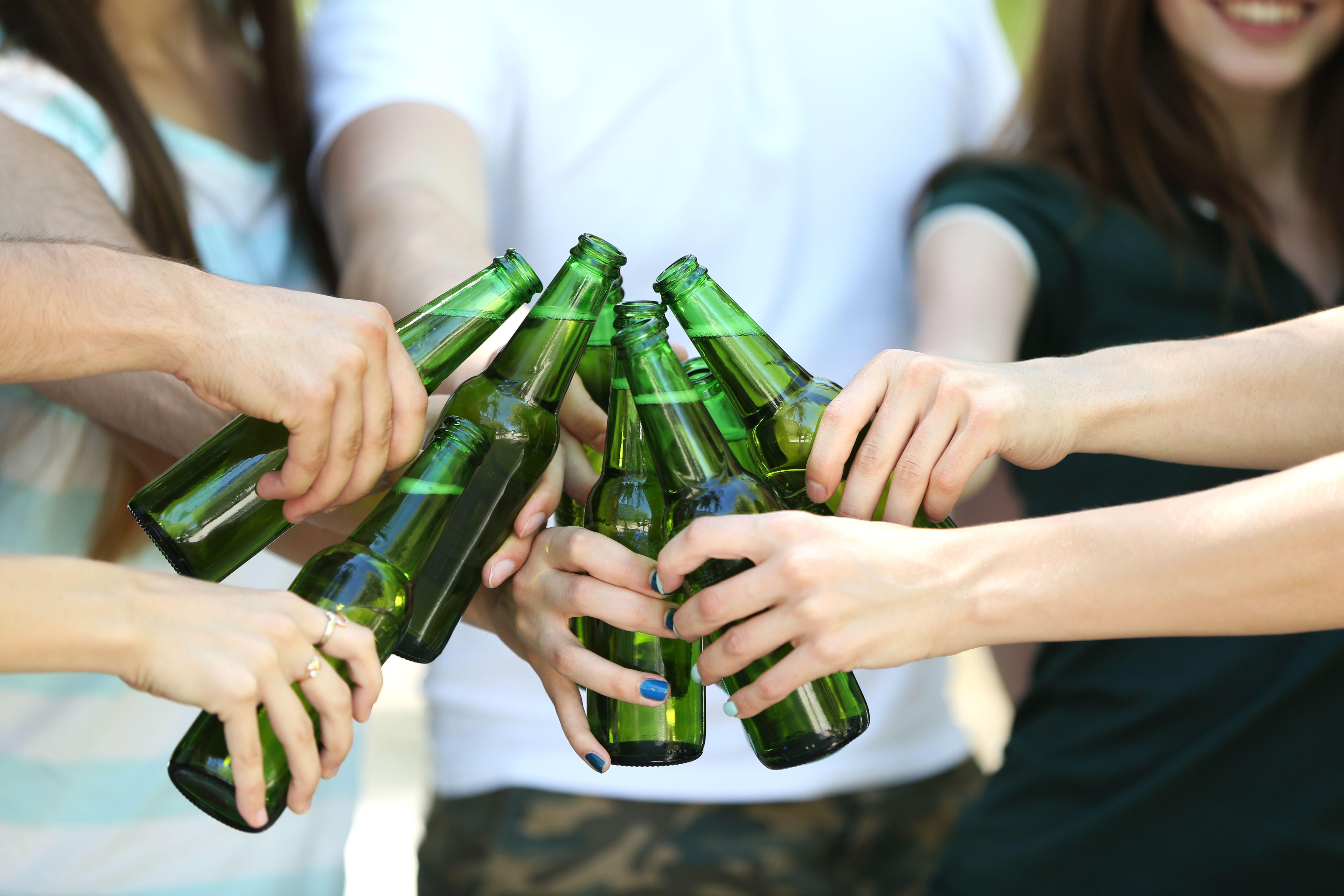For those braving the UK’s festival scene this summer, the prospect of a good night’s sleep can seem like a distant dream.
With only a thin tent wall separating you from the noise, it can be hard to really rest.
But with the right strategies, it is possible to rest and wake up refreshed each morning.
Cognitive behavioural hypnotherapist Denise Iordache, founder of JoySpace Therapy, shares her top tips for sleeping well at festivals.
1. Pack a basic festival sleep kit
“Bright stage lights, campsite lamps or even sunrise hitting your accommodation can trick your brain into thinking it’s time to be awake,” says Iordache. “This can suppress melatonin (your sleep hormone), making it hard to fall or stay asleep.”
So, preparation is super important. Make sure that you pack any essentials that will help maximise your chances of a good night’s sleep.
“Pack lightweight but effective items to block environmental disruptors such as earplugs, an eye mask, a neck pillow (to avoid that stiff neck and improve comfort) and a light blanket or sleep sack,” recommends Iordache. “Tents get cold at night, then hot early, so layers are your friends.”
Additionally, packing some lavender oil in your rucksack might also help.
“Add a small lavender-scented item or essential oil roller,” says Iordache. “Some studies suggest that it can help signal relaxation to your nervous system.”

2. Create a wind-down ritual
“Train your brain to recognise a sleep signal by doing a brief routine,” suggests Iordache. “For example, stretch your back or legs for two or three minutes or do your skincare routine and relax in your sleeping area with a hoodie on.”
Breathing exercises before bed can also help calm your nervous system down and prepare you for sleep.
“Do some deep breathing or box breathing (inhale for four seconds, hold for four seconds, exhale for four seconds and hold for four seconds),” says Iordache. “This signals to your nervous system ‘we’re done for the day’. Even at a party-filled festival, this mini ritual makes a big difference.”
3. Avoid caffeine or alcohol right before bed

“Common festival staples like caffeine, alcohol, and other recreational substances can delay sleep onset, reduce REM sleep, and increase nighttime wakefulness,” explains Iordache.
“Avoid caffeine after 2-3pm, especially energy drinks or strong coffee, and ease off alcohol 1-2 hours before you intend to go to sleep.
“Alcohol might help you fall asleep quickly, but it disrupts deep and REM sleep, thus, making you feel pretty groggy upon waking up.”
4. Use your phone responsibly
Resist the urge to doomscroll, and put on some relaxing music instead.
“Turn on night shift mode or blue light filters and reduce screen brightness to a minimum,” recommends Iordache. “Also, avoid doomscrolling and opt for relaxing music, meditations or calming playlists.
“If possible, try apps like Calm, Insight Timer, or white noise generators to replace outside noise with something soothing.”
5. Hydrate, hydrate, hydrate

Make sure you are drinking water and filling up your water bottle throughout the day.
“Festivals are intrinsically dehydrating,” recognises Iordache. “Dancing, sun exposure, and alcohol all can drain you – but don’t chug a litre right before bed. The best idea would be to drink water steadily throughout the day.
“Keep a reusable water bottle by your sleeping area in case you wake up thirsty. Add electrolytes to one bottle per day to help with hydration and reduce headaches or fatigue.”
6. Practice some mindfulness in the mornings
A morning routine could be just as important as a wind-down routine for your sleep.
“Aim to wake up with a few minutes to spare,” recommends Iordache.
”Give yourself the privilege of not jumping up and going back to the party, but actually take a few moments to practice mindfulness.
“Look around your room/tent and notice three things, engaging as many of your sense as possible. This practice helps you start the day right.”
